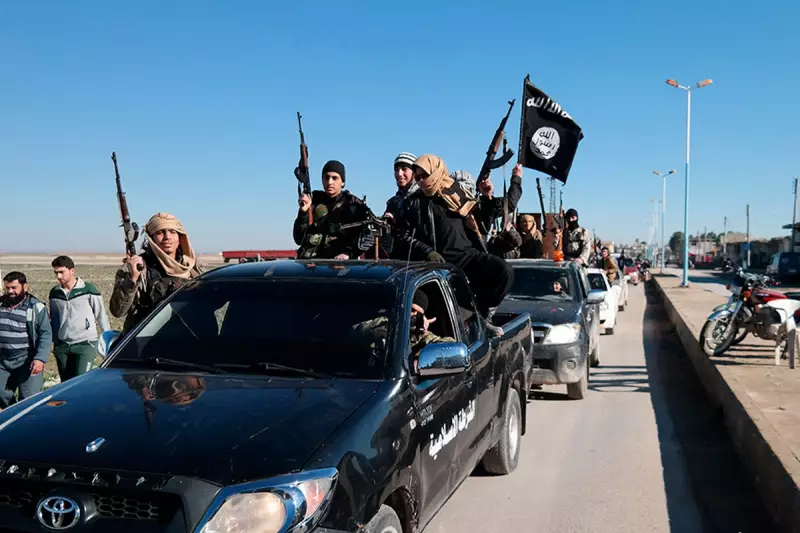
A stark warning has been issued by the United Nations, revealing that the Islamic State (IS) group is aggressively regrouping and its main strength has shifted from Syria and Iraq to Africa and Afghanistan. This alarming assessment, detailed in a report for the UN Security Council, paints a picture of a resilient and adapting global terror network.
The analysis, compiled by experts monitoring the group, states that the IS core in Iraq and Syria has been 'reduced to a largely network-based organisation'. However, this is not a sign of defeat. Instead, the terror franchise has metastasised, with its most potent and immediate threat now emanating from its affiliates, particularly in Central and West Africa.
The New Epicentres of Terror
The report identifies several African regions as hotspots for IS expansion:
- The Sahel: The Islamic State in the Greater Sahara (ISGS) remains a potent and brutal force.
- Somalia: The Islamic State in Somalia (ISS) is actively recruiting and expanding its influence.
- Mozambique: Affiliates have made significant territorial gains, causing a major humanitarian crisis.
In Afghanistan, the Islamic State-Khorasan Province (IS-K) continues to operate training camps and launch devastating attacks, positioning itself as the "most serious and widespread" terrorist threat in the country, even under Taliban rule.
Leadership Decimated But Not Defeated
The UN experts confirmed the deaths of the group's top two leaders. Former leader Abu Ibrahim al-Hashimi al-Qurayshi died in a US raid in February, and his successor, Abu al-Hassan al-Hashimi al-Qurayshi, was killed in battle months later.
Despite these significant blows to its command structure, the group's ideology and operational capabilities persist. The report chillingly notes that the current threat landscape is "more diffuse and difficult to monitor", with leaders granting more autonomy to regional branches.
This strategic shift allows affiliates to exploit local conflicts, governance vacuums, and ethnic tensions to recruit fighters, secure funding, and consolidate power, ensuring that the spectre of ISIS continues to loom large over international security.





